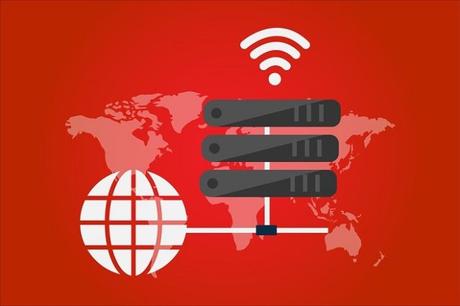
A study by Kroll Business Intelligence and Investigations done in 2011, showed that 60 percent of company fraud had been perpetrated by employees, and that was an increase from the 2010s 55 percent.
Another study done by the same company in 2015, says that 75% of companies say they have fallen victim to fraud in the previous year, and 81% of those say that the fraud was committed by one or more insiders. Kroll states that this is an increase of 72 percent from the previous survey.
Of the staff members identified, 36 percent of the fraudulent activity was done by senior or middle-management, 45 percent by a junior employee, and 23 percent at the hands of an agent, consultant or company intermediary.
In many cases, the fraud included some sort of loss, theft, or attack against the company's information and data.
Kroll's Chairman, Daniel Karson, made the following comment. "One of the most telling results from this year's report is how vulnerable to fraud companies are feeling. In one form or another, the sceptre of fraud arises in virtually every business relationship. What our report drives home is that fraud is often an 'inside job' and that companies must address both internal and external relationships. If they are to most effectively protect their money, property, and private data."
Clearly, things are getting worse instead of better. And clearly, something needs to be done.
What Can be Done at the Corporate Level?
Your best line of defense likely needs to start at the top. And since larger corporations often have more checks and balances in place, it's typically the small and mid-size businesses that really need to step up their game here.
Most times, fraud will fall into three categories. Outright theft, asset misuse, and financial statement fraud. Theft-in various forms-covers the majority of fraudulent activity, and sadly, it's mostly done by employees.
One of the major reasons small to mid-size companies are impacted the most is that in many cases employees handle more than one specific task, and often there is less expertise overall.
In most cases, using a VPN that keeps log files isn't recommended, however, there are cases where employees involved in suspicious behavior online have been caught due to an organizations security measures and logs. Your company may not have the budget for that type of security, but you should be able to cover the cost of a VPN. Just look for one that logs all online activity. Check out the VPNpro review of ExpressVPN.
Set up and Maintain Internal Controls.
Make sure to keep access to financial account information and inventory access. For things like overtime, check writing, expense reimbursements, and all accounting and/or payroll functions, consider having some sort of multi-person sign-off method in place.
Segregate Accounting Duties.
Having one person who can handle all bookkeeping and accounting responsibilities might seem like a good thing, but it could be a recipe for disaster or an invitation to do you harm. If at all possible, it's a better idea to have at least two people handling these duties where one handles cash and the other handles accounting. This lowers the chances of fraud going unnoticed.
Keep Your Eyes on the Bank Accounts.
Your bank accounts are online and access to them is a few mouse clicks away. Management should do regular checks to make sure paper-based statements or checks aren't being manipulated. Look for things like missing check numbers and unknown payment recipients.
Protect Credit Card Information.
We know that credit card fraud is on the rise, so do your part in protecting your company. Keep all business and personal accounts separate. Use common sense when giving out your card information and only use secure online bill payment methods.
Regularly Audit Your Books. The word audit seems to strike us with terror, but they can be a good thing sometimes. Especially if you want to keep on guard against fraud. Any areas that work with cash, product returns, refunds, inventory or accounting should be regularly audited. If you can manage to do non-scheduled audits, even better. This way no one has a chance to prepare and hide their tracts. This won't endear you to your employees, but if they're honest and know why you're doing this, I'm sure you could get them on board.
What Are Some of the Typical Fraudulent Activities of Employees?
Check tampering - Stealing blank checks for their own personal use.
Ghost employees - Funds being routed to employees that don't exist.
Alteration of pay rate.
Issuing fake invoices to dummy vendors.
Padding expenses - Submitting reimbursements claiming expenses that never happened.
Kickbacks, bribery and over billing, typically with suppliers or clients.
Benefits fraud - Much the same as padding expenses above, this is where an employee submits a claim for a medical treatment they never had done.


